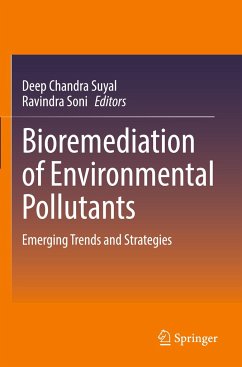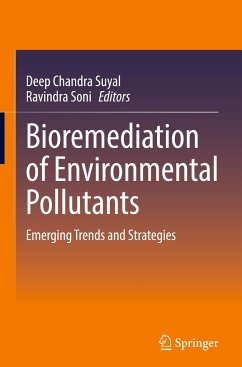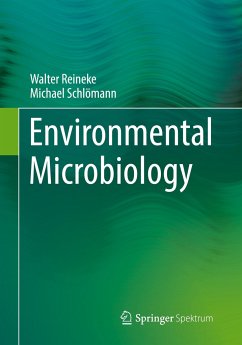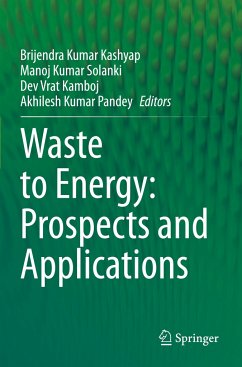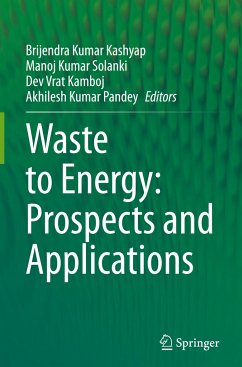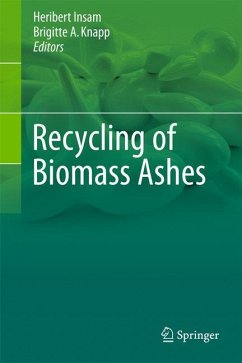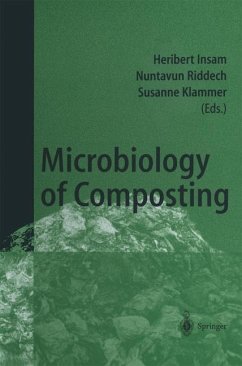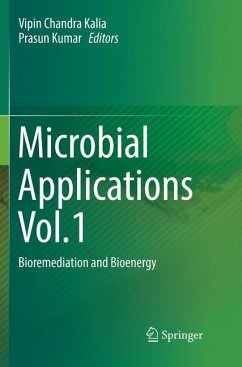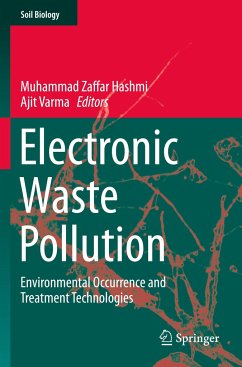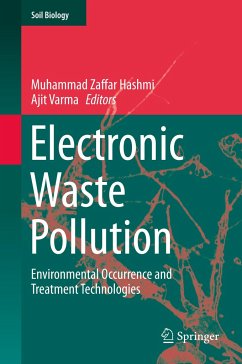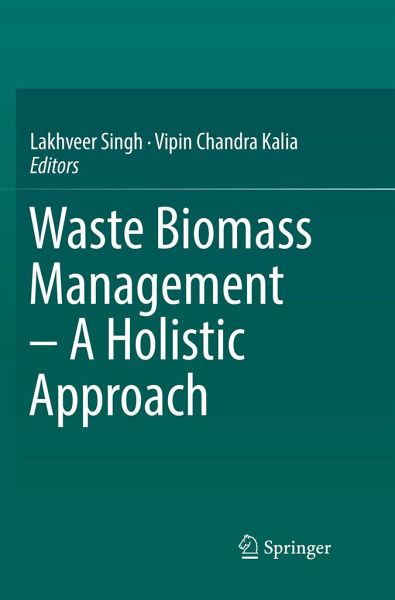
Waste Biomass Management - A Holistic Approach
Versandkostenfrei!
Versandfertig in 6-10 Tagen
113,99 €
inkl. MwSt.

PAYBACK Punkte
57 °P sammeln!
This book gives an overview on techniques and future perspectives of various aspects of waste biomass management. It also presents the economic and environmental evaluation, and also the monetary value-benefits and sustainability of the different processes. Recycling processes of lignocellulosic biomass from palm oil mill waste are covered, as well as from sugar industry waste and agriculture waste. It also includes thermal and non-thermal technologies for resource recovery from waste biomass. Challenges in the reuse and recycling of waste biomass are discussed, i.e., the hygienic safety in bi...
This book gives an overview on techniques and future perspectives of various aspects of waste biomass management. It also presents the economic and environmental evaluation, and also the monetary value-benefits and sustainability of the different processes. Recycling processes of lignocellulosic biomass from palm oil mill waste are covered, as well as from sugar industry waste and agriculture waste. It also includes thermal and non-thermal technologies for resource recovery from waste biomass. Challenges in the reuse and recycling of waste biomass are discussed, i.e., the hygienic safety in biomass management and bioremediation technologies for conversion into valuable products. The book is aiming at scientists, researchers and students alike, who are working in the research areas pertaining to waste management





